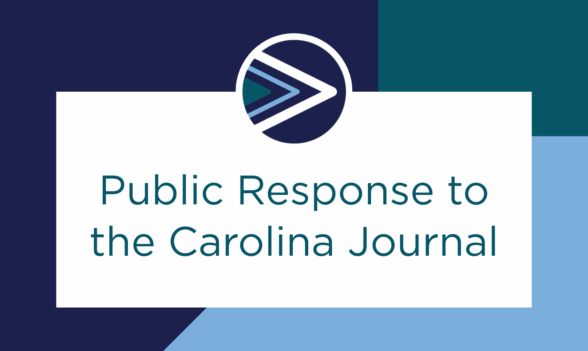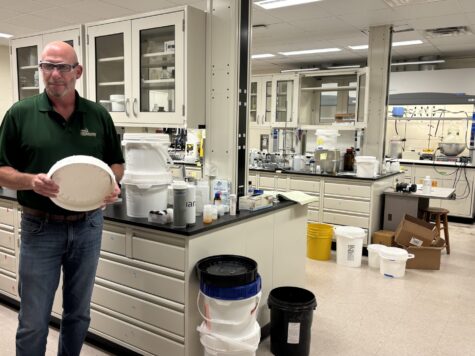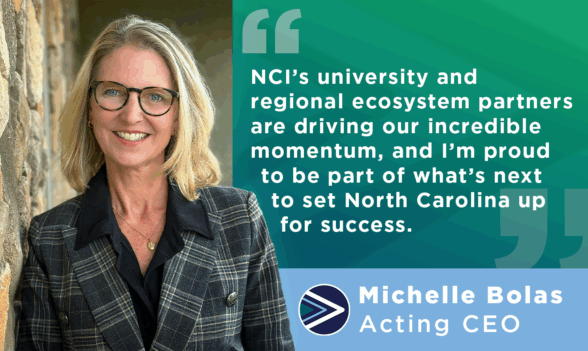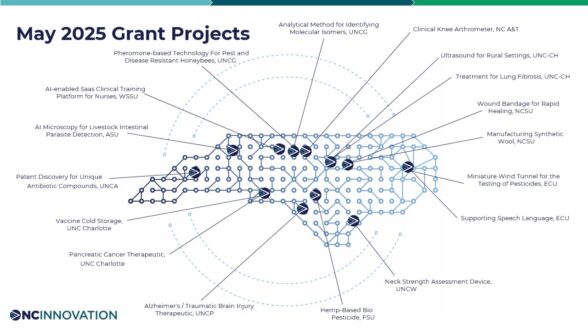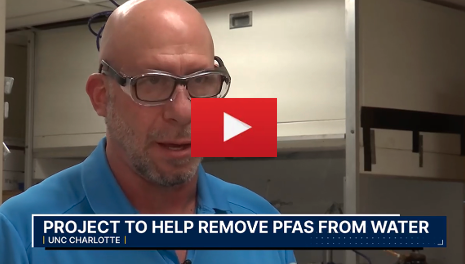NCInnovation’s Research Grant Application Now Open, All UNC System Applied Researchers Eligible to Apply
NCInnovation supports university applied research that has commercial promise
The university-to-industry pipeline is key to North Carolina’s (and America’s) technological prowess
Research Triangle Park, NC – NCInnovation, a non-profit organization that unlocks the innovative potential of North Carolina’s worldclass public universities, today announced its research grant application is open to all UNC System applied researchers.
NCInnovation Executive Vice President and Chief Innovation Officer Michelle Bolas said, “Brilliant researchers across the UNC System are working on research projects with potential applications for the private sector. Our mandate is to support those researchers to help them advance through the university research and development process, and we’re executing on that mandate.”
Read: How Does the University R&D Sequence Work, Anyway?
NCInnovation supports the UNC System’s worldclass researchers in multiple ways. The organization builds connections between academia and industry, offers business development mentorship to researchers, and provides research grant funding to accelerate projects toward commercialization.
Earlier this year, NCInnovation approved a first slate of “pilot” research grants, funding UNC System research into PFAS decontamination, lithium refining, cancer therapeutics, and more. (Watch: UNC Charlotte researcher, backed by NCInnovation, describes his work on power grid efficiency to WBTV.)
Now, NCInnovation is opening its first statewide research grant application. All applied researchers in the UNC System are eligible to apply. Previous grant awards fell between $300,000 and $1.1 million. All research grants are funded by investment income earned from the NCInnovation endowment.
How does the application process work?
Researchers must submit a pre-application by December 13, 2024. Based on geographic distribution, budget availability, and other factors, NCInnovation (in close collaboration with university administrators) will invite a subset of researchers to submit full applications.
Two different external groups will review applications. A panel of research, academic, and industry experts will review and score applications according to technical criteria. A separate panel will review and score applications according to potential market fit. All reviewers are subject to conflict of interest policies.
The NCInnovation Board of Directors will then have final say on approving research grants.
Why does NCInnovation exist?
American universities are key drivers of innovation and technology development. Because of that, the university-to-industry pipeline is central to American innovation.
North Carolina has worldclass public universities. UNC System institutions anchor their communities and contribute to regional economic growth.
NCInnovation bridges a critical gap in the R&D pipeline by providing non-dilutive funding and comprehensive support at the often under-resourced middle stage of R&D, commonly known as the “valley of death.” (Read: How does the “Valley of Death” impede North Carolina’s Growth?)
By supporting applied research at UNC System institutions, NCInnovation aims to accelerate the economic opportunities created when research born on campus enters the private market.
Bolas said, “We want university faculty to build something amazing and enduring after they advance through the university research and development sequence. And we want that to happen in the regions that create the innovation in the first place so that our best and brightest ideas don’t have to flee to our population centers or, worse, leave the state altogether.”
NCInnovation, Inc. is a Research Triangle Park, NC-based 501(c)(3) public-private partnership designed to accelerate commercialized innovation from North Carolina’s research universities. Backed by more than $25 million in private philanthropic commitments, NCInnovation uses the interest and income from a $500 million State-funded endowment to provide non-dilutive grant funding, mentors, and support services so that North Carolina university proofs-of-concept return value to the regional communities that created them. Learn more at NCInnovation.org.
